As India gears up for its peak travel season between October and December, passengers are bracing themselves for an increase in airfares. IndiGo, one of the country’s largest airlines, has recently introduced a fuel charge ranging from Rs 300 to Rs 1,000 based on the flight’s distance. This move comes in response to the significant surge in aviation turbine fuel (ATF) prices over the last three months, putting added pressure on the already financially-strained aviation industry.
The Burden of Rising ATF Prices:
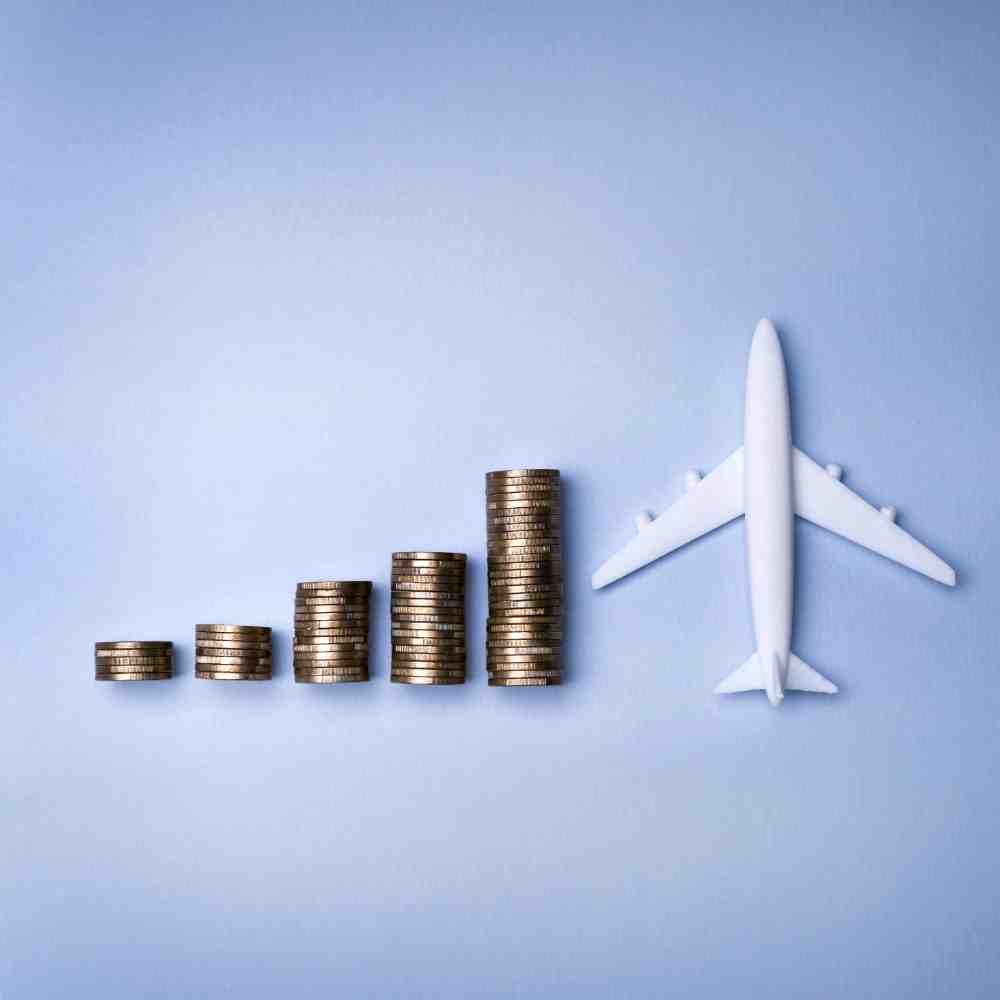
ATF prices have always been a significant concern for Indian carriers, representing approximately 45 percent of their total revenue. Between June 1 and October 1, ATF prices skyrocketed by 32.4 percent, reaching Rs 1.18 lakh per kilolitre in Delhi. With these escalating costs, the airlines found themselves facing a tough choice: absorb the price hike or pass it on to passengers.
A Graded Fuel Charge System:
IndiGo’s response to the ATF price surge is a graded fuel charge system. For flights covering distances of up to 500 kilometres, passengers will incur an additional Rs 300, while those flying between 501 and 1,000 kilometres will pay Rs 400 extra. This scale continues for all flight categories, with the highest charge of Rs 1,000 applying to flights covering distances of 3,501 kilometres and above. Approximately 60 percent of IndiGo’s flights fall within the 0-1,000 km range.
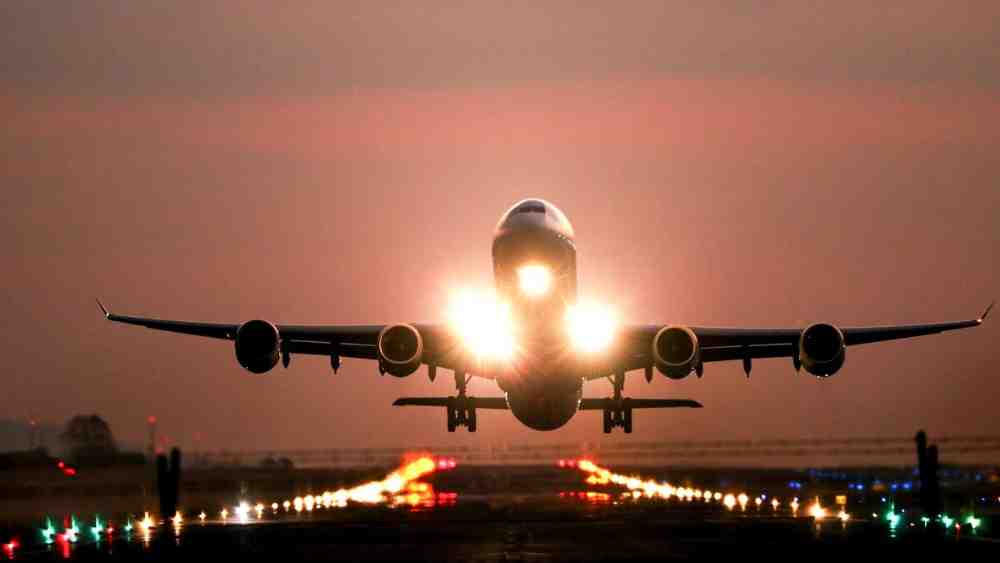
A Familiar Strategy for IndiGo:
This isn’t the first time IndiGo has resorted to imposing a fuel charge. In May 2018, they introduced a similar component to offset a previous hike in ATF prices, only to remove it once prices subsided.
The Ripple Effect on Airfares:
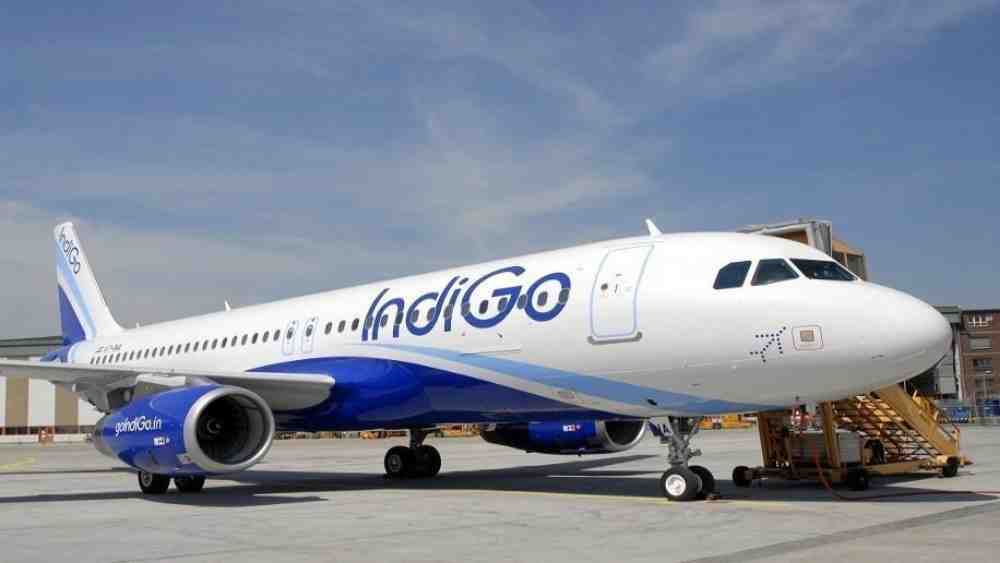
Aviation analysts like Ameya Joshi predict that IndiGo’s airfares will increase by “less than Rs 1,000 as a whole in most sectors” as a result of this fuel charge. However, Joshi also suggests that this surcharge alone won’t cover the entire ATF price increase, potentially leading the airline to consider raising its base airfares. Furthermore, there is concern that other airlines may follow suit, which could make air travel more expensive during the peak travel season.
Mixed Reactions and Hope for a Reversal:
While airlines are grappling with the need to protect their bottom lines amid rising fuel costs, passengers are feeling the pinch. Rajiv Mehra, honorary secretary of the Federation of Associations of Indian Tourism & Hospitality, calls this situation a “double whammy” for travellers ahead of the festival season. However, he hopes that this surcharge is temporary and will be withdrawn once ATF prices stabilise.
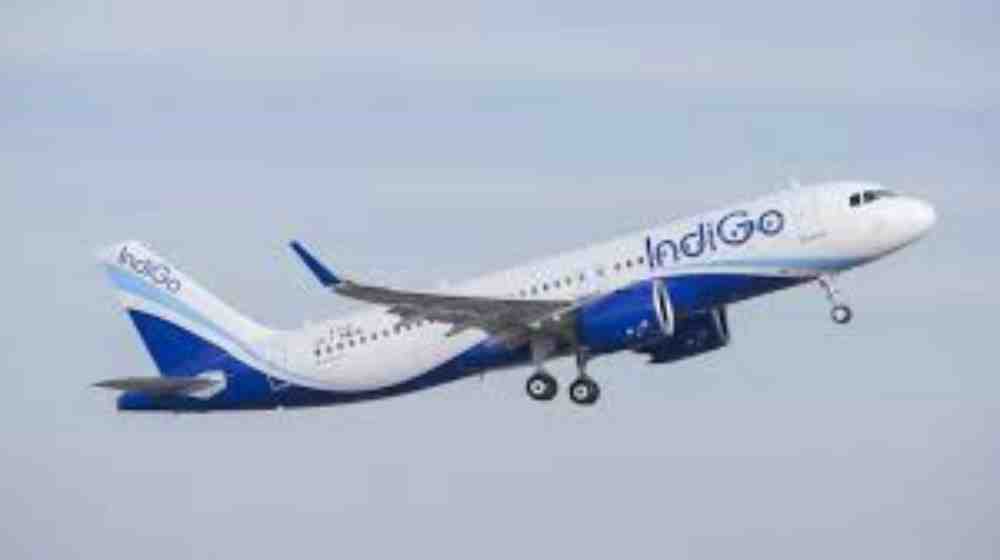
SpiceJet Likely to Follow Suit:
In the wake of IndiGo’s decision, budget airline SpiceJet is also expected to introduce a fuel charge on domestic and international routes. The quantum of this charge is yet to be confirmed but is anticipated to have a similar impact on passengers.
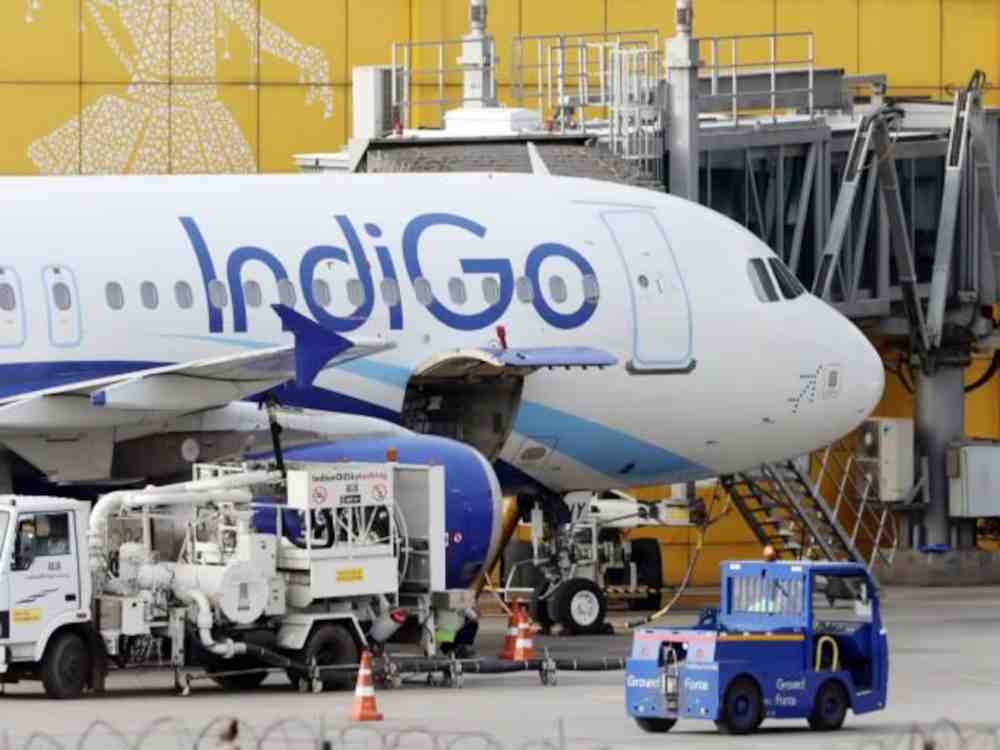
As India’s aviation industry faces the challenge of soaring ATF prices, airlines are taking measures to offset their rising operational costs. While this means an increase in airfares for passengers, there remains hope that these fuel charges are temporary and will eventually be rolled back once ATF prices cool down. In the meantime, travellers should prepare for higher costs as they embark on their journeys during the peak travel season
